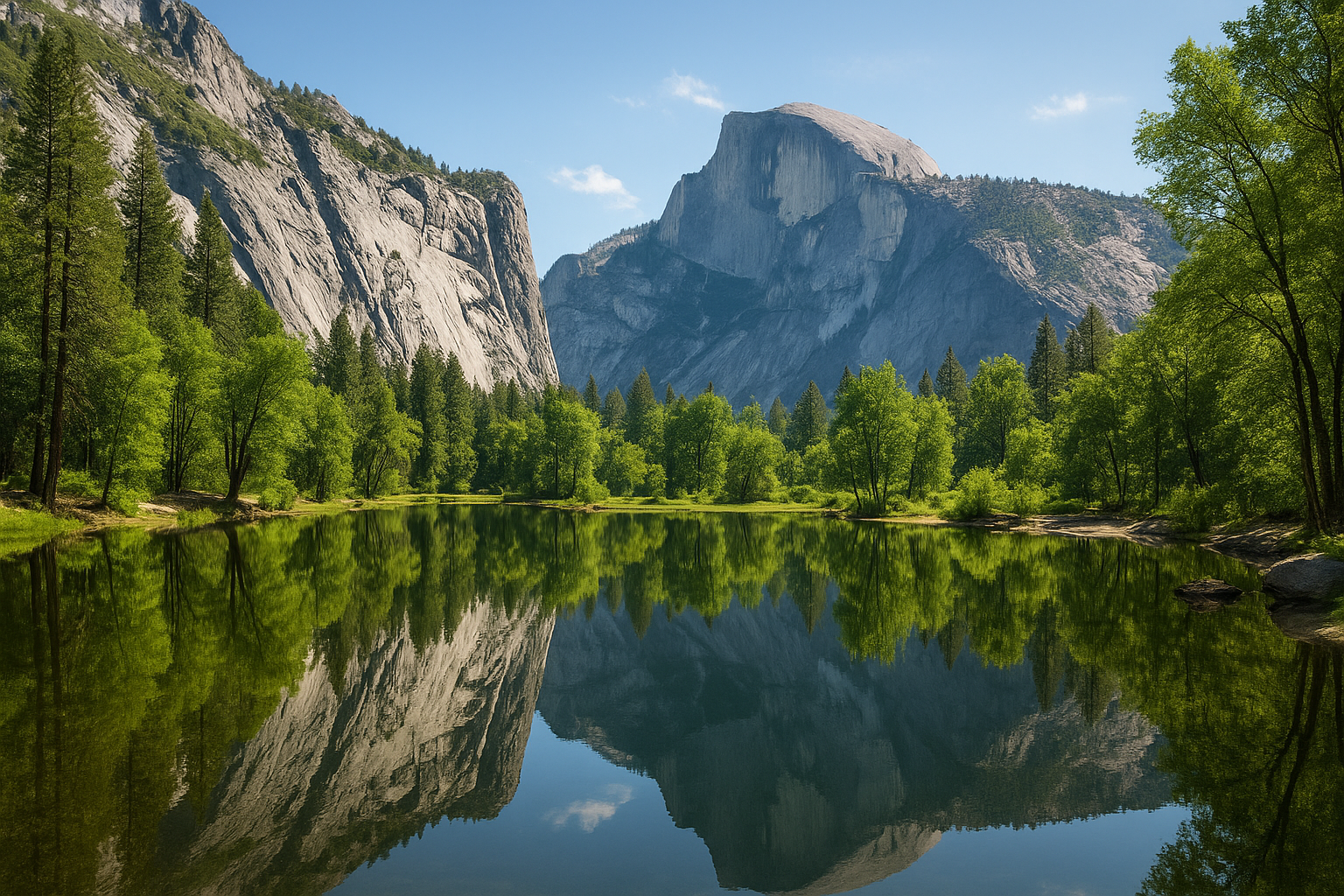Water Mirror Mind: Seeing Yourself in the Flow
The art of self-reflection often draws parallels to reflective surfaces—mirrors, still lakes, and sometimes the rippling water younger souls would skip stones across. Water embodies reflection both literally and metaphorically, revealing layers of truth that we may overlook in our fast-paced lives.
“I will arise and go now, and go to Innisfree,
And a small cabin build there, of clay and wattles made:
Nine bean-rows will I have there, a hive for the honey-bee,
And live alone in the bee-loud glade.”
— William Butler Yeats
Yeats’ vision of tranquility and reflection in “The Lake Isle of Innisfree” captures the essence of seeing oneself in a watery mirror. It invites a connection with nature and an introspective journey. Literarily and practically, the concept of the “Water Mirror Mind” suggests that by seeing the world in flux, as water is often in motion, we too can start to perceive our role and presence in the greater flow of life.
The Fluid Nature of Identity
Consider the idea that our identities are not static. Just as water flows, overcoming obstacles and changing form, so does our understanding of self. It is through life’s challenges—those unexpected hardships, joyful peaks, and quiet valleys—that we sculpt our cognition and self-awareness.
- Dynamic and Ever-changing: Our personalities adjust to new circumstances.
- Reflective and Deep: Like a still pond, our reflections can be clear or distorted depending on the ‘winds’ of our environment.
- Transcendent: Water evokes a sense of spiritual flow, connecting and integrating diverse experiences and identities.
Discovering Depth Through Meditation
Meditation and mindfulness practices, akin to gazing into a calm water surface, enable the mind to settle and thoughts to clarify. These practices provide space for self-reflection and personal discovery.
- Visualizing Flow: Imagining oneself as a part of the water cycle brings an understanding of larger systems and one’s transient role within them.
- Inviting Stillness: Just as calm water reflects the sky, a quiet mind mirrors back its own depths.
- Embracing Impermanence: Recognizing that both water and thought patterns transform and shift, this acceptance fosters peace and adaptability.
As noted by Sharon Salzberg in her book “Real Happiness”, meditation can help individuals “develop a more spacious mind… allowing us to engage with the world from a place of greater inner flexibility and resilience” (Sharon Salzberg).
Ecological Reflections and Personal Responsibility
The metaphor of water not only serves as a tool for personal reflection but also brings forward the critical need for ecological awareness and responsibility. Water, vital to all life, is increasingly endangered. Our introspection can guide us to better stewardship and actions that honor both personal and environmental health.
“Water is the driving force of all nature,” said Leonardo da Vinci.
This timeless observation propels us to consider how we interact with our natural resources. Becoming environmentally conscious enhances our path of self-reflection—realizing the shared human responsibility for maintaining the flow of life.
Conclusion: Embracing the Water Mirror Mind
Adopting the “Water Mirror Mind” opens a pathway to greater self-awareness, understanding, and ecological mindfulness. It encourages recognizing the fluid aspects of identity while grounding them in the present flow.
Whether through moments of meditative stillness or actively participating in safeguarding our ecosystems, the water mirror provides profound relational wisdom. After all, each ripple we create resonates far beyond our initial sight—a testament to the interconnectivity and delicate balance of all life.
As we align our actions with the rhythmic cycles of nature, we foster a legacy of watershed moments, reflecting both inner truths and our shared stewardship of this blue planet.

